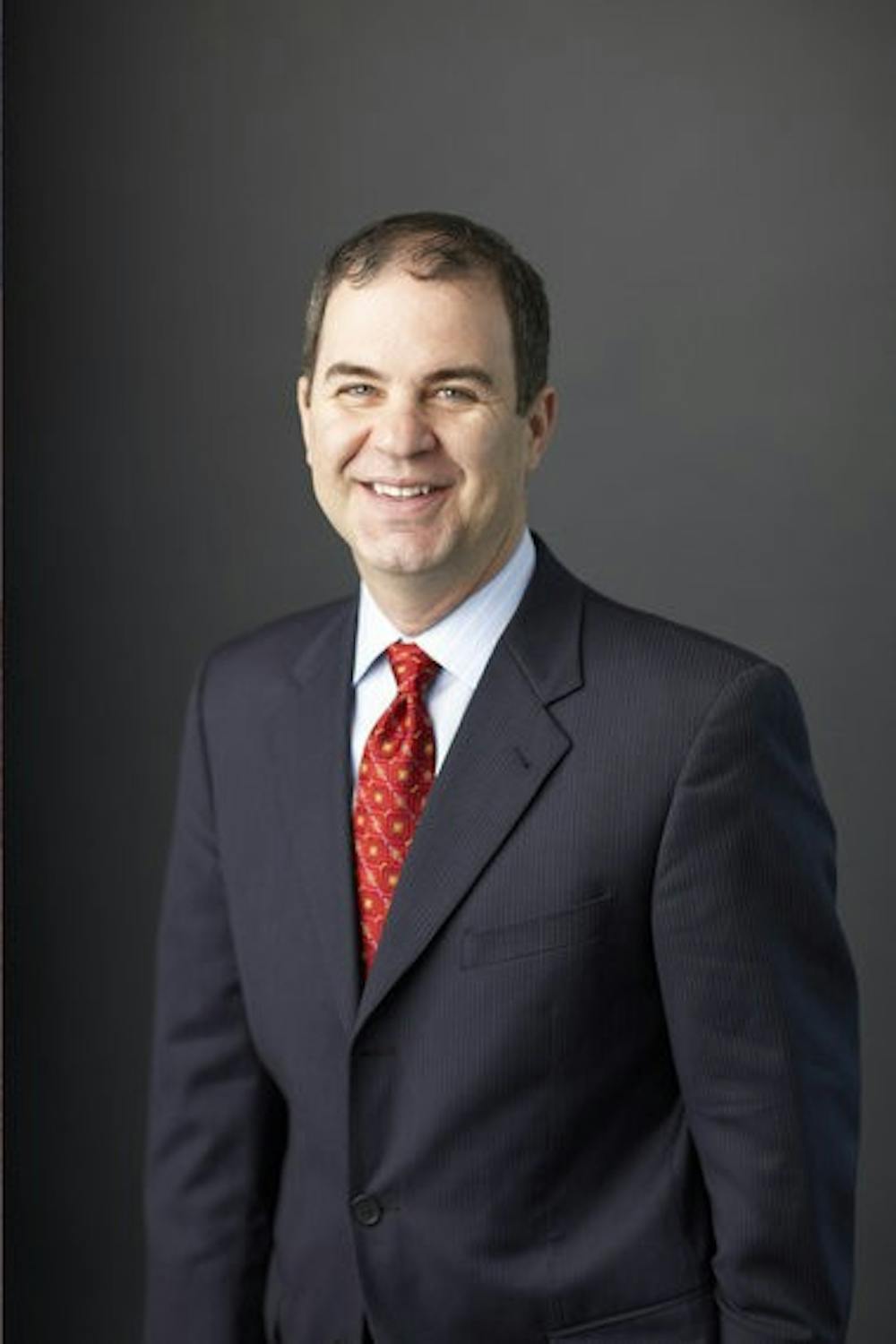Affordability, access and technology will shape the future of American higher education, panelists said in a forum Friday.
The Duke Magazine Forum, titled “Higher Ed: Who Can Afford It and Who Benefits from It?” addressed the rising costs of college and the increasing important that higher education plays in the U.S. job market, which largely rewards those with four-year degrees. The panelists discussed how this reality has led to the creation of expanded educational offerings, like online degrees, but at the cost of affecting some traditional universities like Duke. The panel took place in the Divinity School as part of Reunions Weekend.
“If the costs go up over the next 25 years like they have over the past 25 years, then there is going to be a steady beat of schools, including Duke, whose tuition for a four-year degree will be over a million dollars,” said Andrew Rosen, Trinity ’82 and chairman and CEO of Kaplan Inc. Rosen is a former sports editor for The Chronicle.
Higher tuition costs do not necessarily correlate to improved educational quality, Rosen added. Instead, evidence suggests that students are learning less than they did a generation ago because academic rigor has been reduced. Many universities spend more money on providing amenities that will attract applicants, like new student centers, instead of academically related pursuits.
Although the quality of education today is not better than it was in the past, many jobs require an applicant to have a college degree due to “credential inflation,” said George Leef, Law ’77 and director of research at the John William Pope Center for Higher Education Policy.
“I don’t think it’s true that more jobs are [becoming] more intellectually demanding,” Leef said. “Employers have adjusted the way they screen people. You now have to have a college degree to apply for a wide range of jobs that don’t require education.”
The availability of cheaper degrees may affect how traditional universities weigh broad, liberal arts educations within the context of competitive job markets, said panelist and Dean of Arts and Sciences Laurie Patton.
“The Duke mission is... not about employability,” Patton said. “The question is what does it mean to be able to... employ your knowledge in service of society if what you come out with in the end is not necessarily the knowledge that society needs.”
Patton also noted that students at universities like Duke value the experience and relationships their schools offer in addition to job prospects related to their degrees.
But Rosen, who is a parent of a Duke undergraduate, said there is an implicit understanding that graduates of prestigious four-year universities will be able to provide for themselves immediately after graduation.
“An important part of what we all expect out of Duke is the skills to be successful in the workforce,” he said.
Exorbitant costs that many cannot afford and the increasing demand for education has led some institutions to offer alternatives, Leef noted.
Recently, officials at the Massachusetts Institute of Technology decided to expand their offerings of free, online lectures to include certifications for people who can prove that they have mastered course material, Leef said. Other universities are also beginning to offer independently certified badges.
“Employers [are going to] figure out that having these badges and certifications tells them much more about an applicant’s qualifications... than do standard bachelor’s degrees,” Leef said. “This is going to change the landscape of higher education dramatically and quickly.”
Listening to the panelists discuss the problems of higher education was eye-opening, said event attendee Bill Duncan.
“It was stimulating conversation, and they had people who were really in the know and didn’t all agree with each other,” Duncan said.
Get The Chronicle straight to your inbox
Signup for our weekly newsletter. Cancel at any time.

